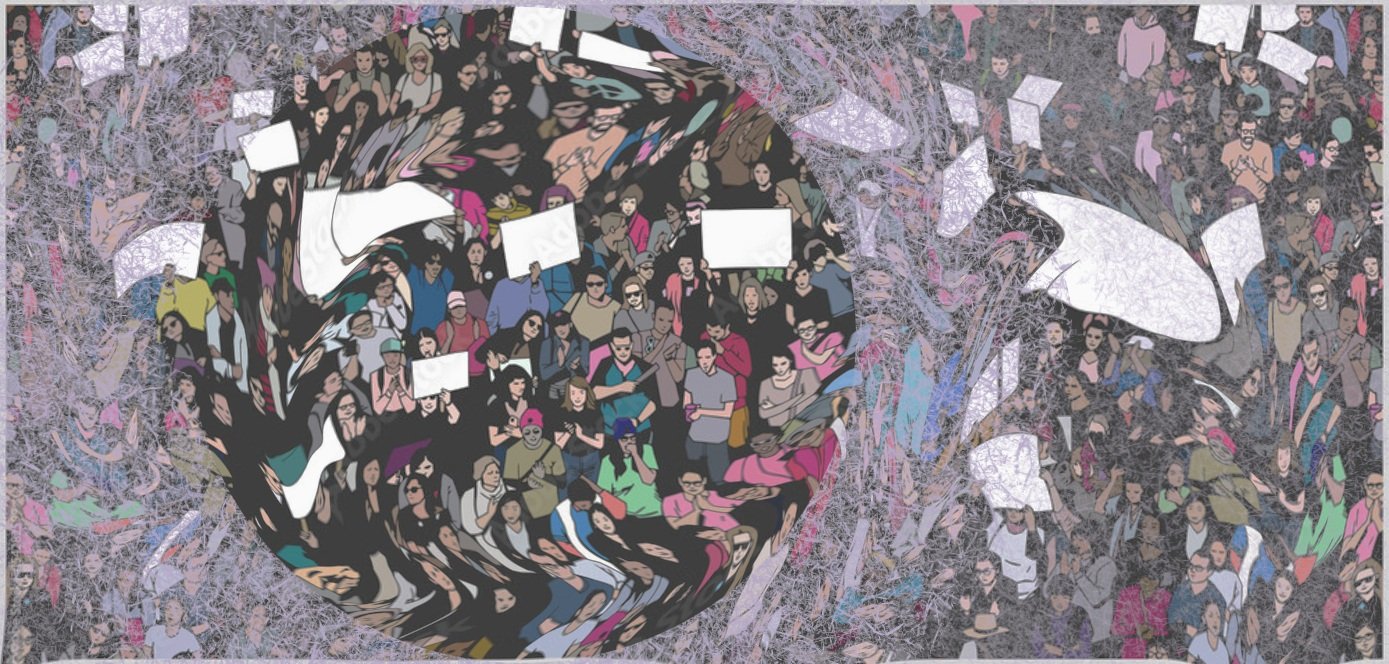
“Whereas it is essential, if man is not to be compelled to have recourse, as a last resort, to rebellion against tyranny and oppression, that human rights should be protected by the rule of law.”
— Universal Declaration of Human Rights, 1948
Mission
We believe compliance with critical sustainable development goals requires acting from the intersection of the Rule of Law and international human rights.
We feel that the legal community has a unique ethical imperative to deepen the U.S. government’s understanding of what the Rule of Law can, and should, mean, both at home and abroad.
Founded in 1967, we are a group of bar and bench members fighting to shift international human rights norms from aspirational to actionable, and from implicit to enshrined.
Approach
In collaboration with the International Commission of Jurists in Geneva, we are advancing our mission through twin aims:
To increase the justiciability of human rights norms in the United States
To support lawyers around the world who assume personal risk to build a more just society
Background
FOUNDING
The American Association for the International Commission of Jurists (AAICJ) was founded in 1967 to uphold and strengthen the principles of human rights and the Rule of Law on a global scale. The AAICJ was created by a group of New York lawyers over a decade prior, who concurrently assisted in developing the International Commission of Jurists, a Geneva-based NGO with an eminent legal membership that is truly international in both scope and character.
STRATEGY
AAICJ membership is built from a base of litigators, judges, and legal scholars primarily hailing from New York.
The AAICJ prides itself on generating influential work with minimal overhead, and leveraging its network of top legal talent to engage with many of the key human rights issues of our time.
With a collaborative culture that rebukes the sunk costs and time commonly lost in internal bureaucracy, we operate by focusing on our organization’s work, rather than on our organization itself. For decades, our hands-on board and affiliated members have worked pro bono, taking up the charge of traveling, drafting, and meeting with government officials, attorneys, and members of the public from around the world.
Within the Unites States, we have worked closely with state and local bar associations, and alongside legal scholars and academic institutions including Princeton University, Fordham University School of Law, and the Urban Morgan Institute for Human Rights at the University of Cincinnati. The AAICJ has been a close observer, and when required, a vigilant critic of United States policies concerned with human rights. To that end, we maintain contact, as appropriate, with members of the Department of State, and other relevant individuals in the public and private sectors to provide analyses and information on human rights developments.
Impact
From 1977 until 2020, civil and human rights attorney, William J. Butler, Esq. (1924-2020) served as President of the AAICJ. Bill began his legal career as staff counsel at the ACLU, where he had two landmark victories arguing before the U.S. Supreme Court. In addition to leading the AAICJ, his service as Board Chairman to the International Commission of Jurists in Geneva (1975-1990) perpetuated strong ties between the two groups of common origin. With Bill’s oversight, the AAICJ Board and collaborating members fought in a variety of arena to push human rights values to the front of governmental decision making:
INTERNATIONAL
Convened annual meetings of top government officials from around the world charged with the task of protecting and promoting the role of human rights in their own nation’s foreign policies
Co-sponsored and collaborated drafting and dissemination of the Princeton Principles on Universal Jurisdiction
Participated in the five week Rome Conference, which established the International Criminal Court
REGIONAL
Consulted pro bono with Hungarian jurists to draft foundational, national legislation codifying human rights values and fundamental freedoms
Conducted fact-finding missions, both independently and in collaboration with the ICJ, in Palau, South Korea, the Philippines, Ethiopia, South Africa, Iran, Colombia, Nicaragua, Guatemala, El Salvador, and Mexico, as non-affiliated, impartial observers, to identify areas where human rights protections could be enhanced, and free and fair elections ensured
DOMESTIC
Spoke up as amici in key federal cases that argued for the application of international law in national courts
Critiqued the expansion of executive power, and the erosion of habeas corpus throughout the U.S. War on Terror
Urged the U.S. Congress to ratify the International Covenant on Economic, Cultural and Social Rights
Built towards the victory of establishing a State Department Human Rights Division by arguing for its creation at US Congressional Hearings
Monitored and encouraged the swift implementation of the right to counsel established in Gideon v. Wainwright
